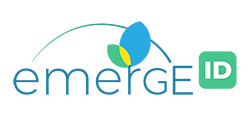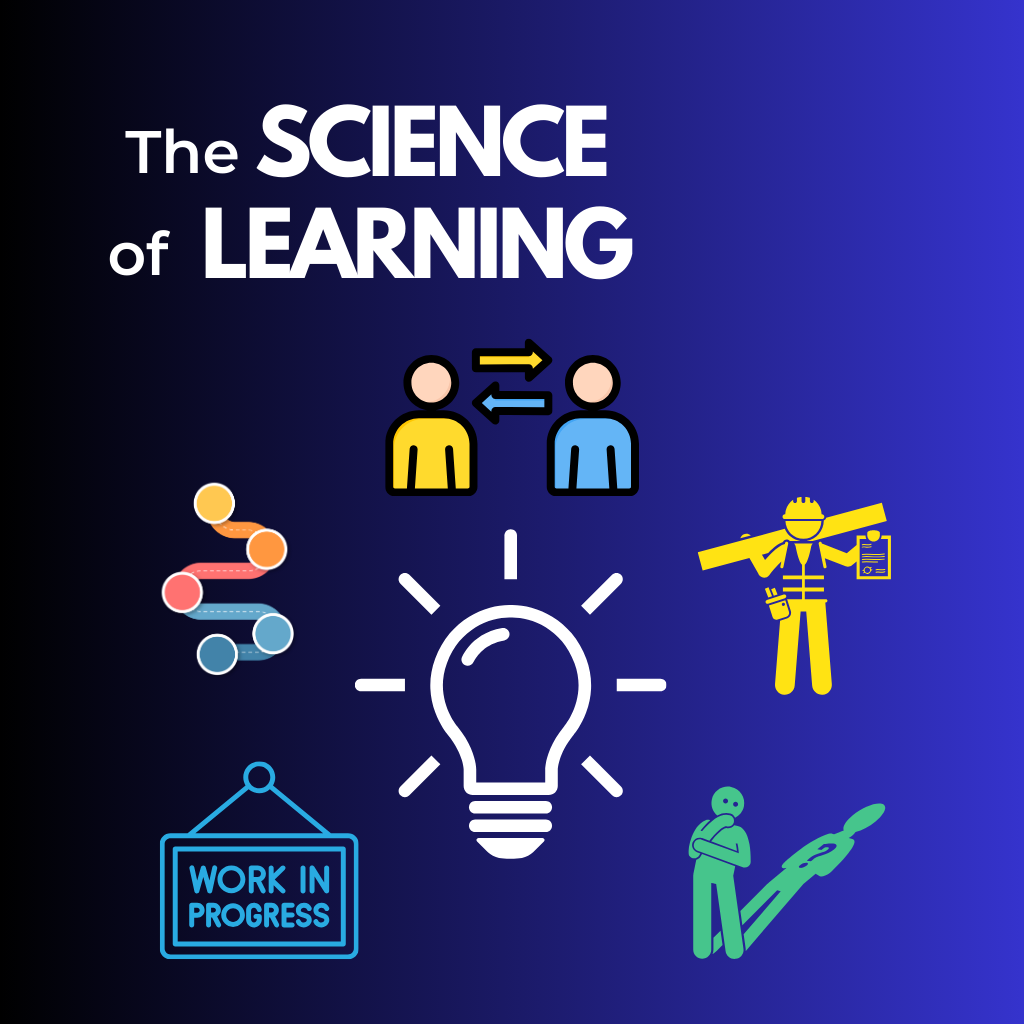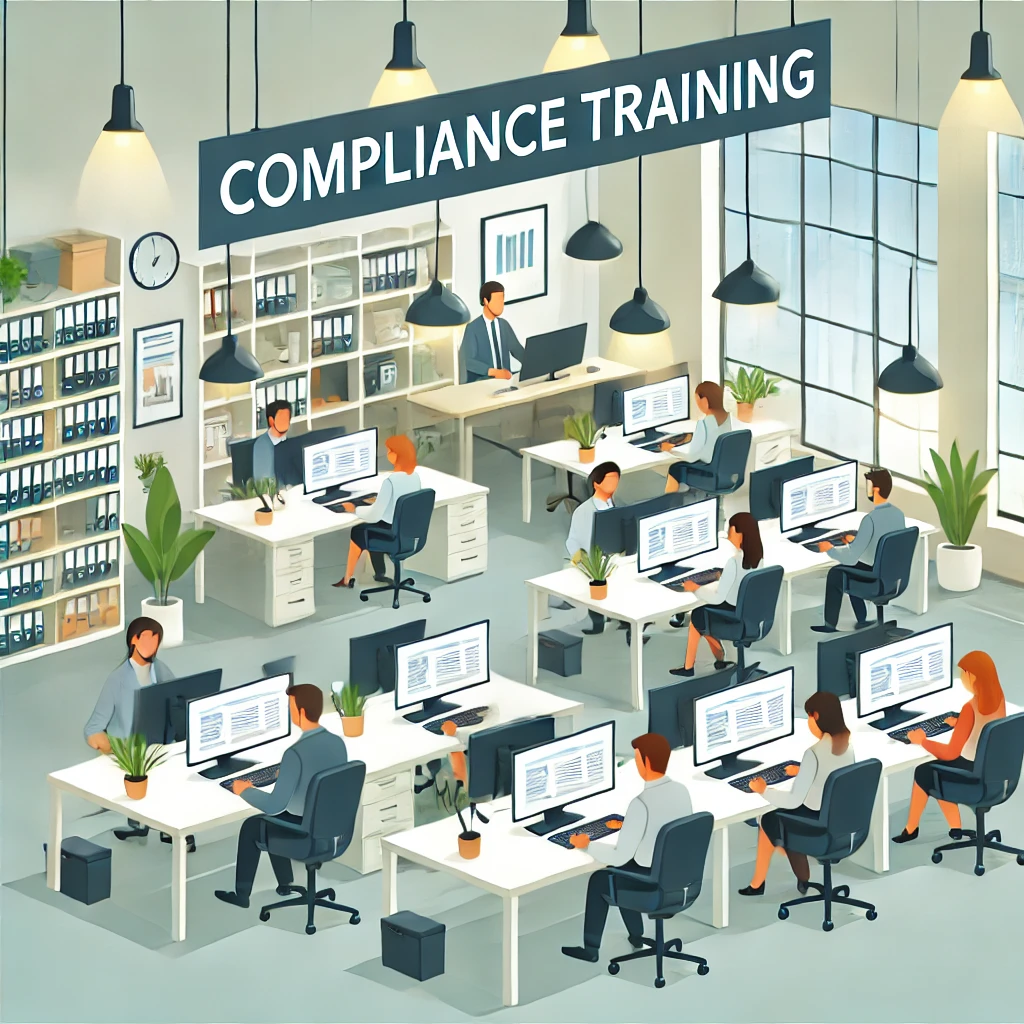In today’s rapidly evolving business landscape, compliance training has become an essential component for organizations across industries. From adhering to industry regulations to ensuring ethical practices, compliance training plays a pivotal role in safeguarding businesses and their stakeholders. As technology continues to revolutionize various aspects of our lives, eLearning has emerged as a game-changer in the realm of compliance training. In this blog post, we will explore the numerous benefits of eLearning for compliance training and how it revolutionizes traditional approaches.
Flexibility and Convenience
One of the most significant advantages of eLearning for compliance training is the flexibility and convenience it offers to both learners and organizations. Traditional classroom-style training often requires participants to be physically present at a specific time and location, which can be challenging for employees with busy schedules or those spread across multiple locations. With eLearning, training modules can be accessed anytime, anywhere, allowing employees to learn at their own pace and convenience. “There are many different formats available for digital learning, including eLearning, microlearning, Virtual instructor-led training, and mobile learning” (Deogaonkar, 2023). This flexibility not only enhances the learning experience but also ensures that training can be easily integrated into employees’ work routines without disrupting productivity.
Cost-effectiveness
Compliance training can be a significant expense for organizations, particularly when considering factors such as travel, accommodation, and instructor fees associated with traditional training methods. eLearning eliminates these expenses by delivering training digitally, reducing or eliminating the need for physical infrastructure, printed materials, and travel costs. With eLearning, organizations can create reusable training modules that can be accessed by multiple employees, thereby maximizing cost-effectiveness. Additionally, eLearning platforms often offer scalable pricing models, making it more affordable for organizations of all sizes.
Enhanced Engagement and Interactivity
eLearning offers a variety of interactive and multimedia elements that can significantly enhance learner engagement. Through the use of videos, animations, quizzes, simulations, and gamification, eLearning makes compliance training more interactive, enjoyable, and memorable. “When eLearning engages a learner’s eyes, ears and hands during a course, that sensory learning enhances what could have been a lackluster experience” (Why eLearning Works, 2022). These elements not only capture learners’ attention but also encourage active participation and critical thinking, leading to better knowledge retention and application. “Interactive eLearning courses allow employees to practice new skills in a safe place, so when it comes to real-life implementation, they’re set up for success” (Andriotis, 2021). By creating an immersive learning experience, eLearning helps to overcome the common challenge of employees viewing compliance training as a mundane and obligatory task.
Tracking and Assessment
Effective compliance training goes beyond simply delivering information; it also requires the ability to track learners’ progress and assess their understanding. eLearning platforms provide built-in tracking and assessment features, “it gives you more insight into how and when your learners respond to the material” (Why eLearning Works, 2022). This data allows for real-time feedback and the identification of knowledge gaps, enabling targeted interventions and remedial actions. Additionally, eLearning platforms often generate detailed reports, providing organizations with comprehensive analytics to demonstrate compliance efforts to regulators, auditors, and stakeholders.
Incorporating eLearning into compliance training programs offers numerous benefits to organizations. The flexibility, convenience, and cost-effectiveness of eLearning make it an ideal choice for businesses looking to deliver comprehensive and engaging compliance training to their employees. With the ability to ensure standardization, enhance engagement, and track learners’ progress, eLearning has proven to be a powerful tool in maintaining regulatory compliance and fostering a culture of ethics and accountability within organizations. By embracing eLearning, organizations can stay ahead of the curve and empower their workforce with the knowledge and skills necessary to navigate the ever-changing compliance landscape.
References:
Andriotis, N. (2018, August 22). The 12 Benefits of eLearning for Employee Training and Development. TalentLMS Blog. https://www.talentlms.com/blog/benefits-of-elearning-in-the-workplace/
Deogaonkar, A. (2023, July 5). 6 Salient Advantages of Using Digital Learning Strategies for Compliance Training. Rapid eLearning Blogs – CommLab India. https://blog.commlabindia.com/elearning-design/digital-learning-advantages-compliance-training
Why eLearning Works: 10 Benefits of eLearning. (2022, June 27). ELM Learning. Retrieved July 18, 2023, from https://elmlearning.com/blog/10-reasons-elearning-works/





